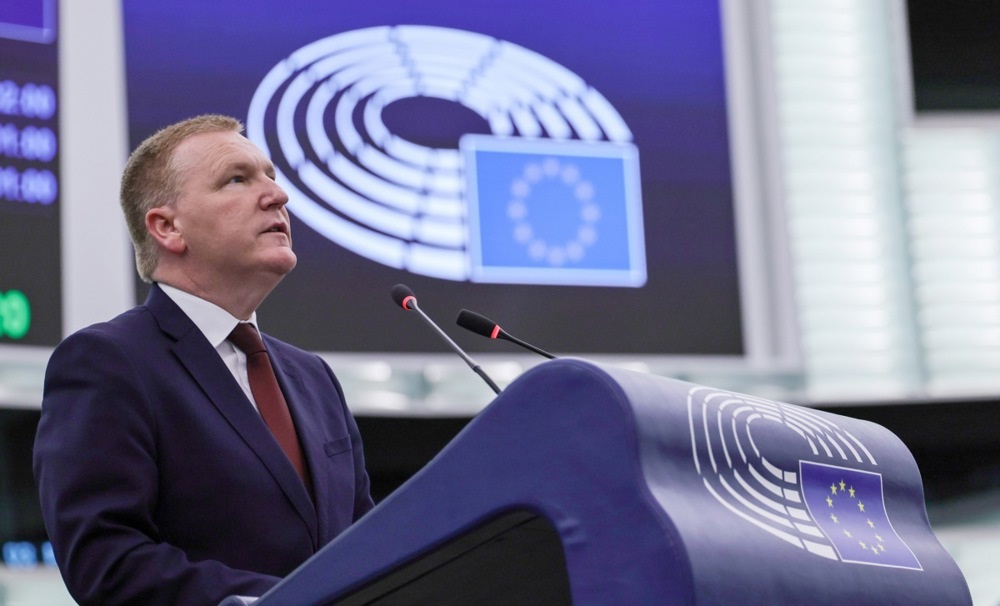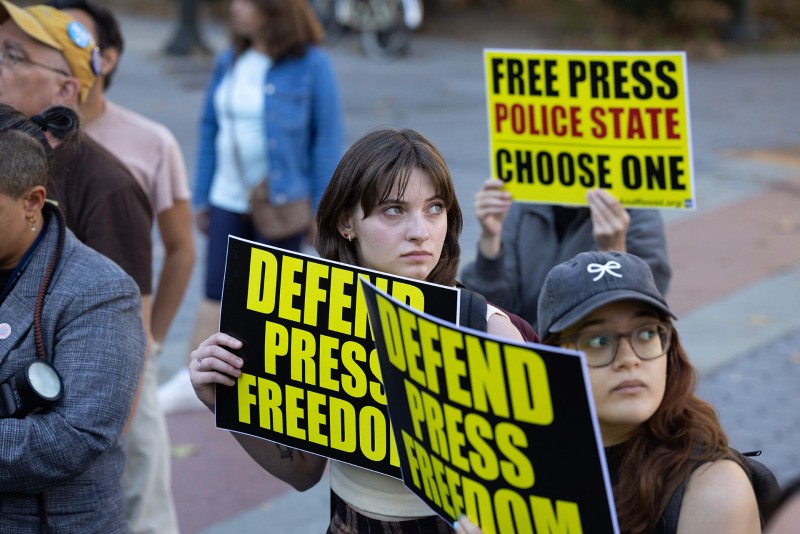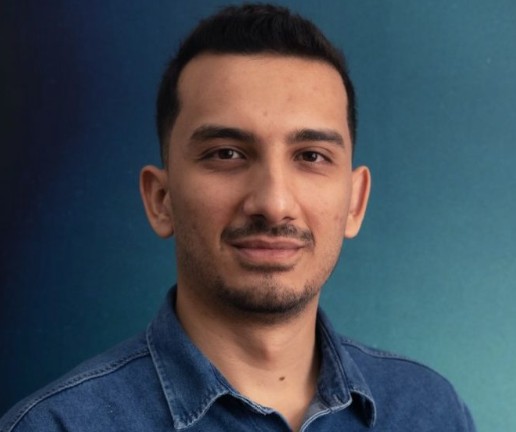
Criminalizing Truth: A Decade of Repression Against Kurdish Journalists in Turkey
December 23, 2024
Over Half of 2024 Journalist Deaths Occurred in Palestine, Reports Guardian
December 23, 2024December 23, 2024 – General –
Shamsa Ishfaq warns that journalists around the world are increasingly under threat, even as they strive to hold power to account. In Afghanistan—the article highlights—the situation has deteriorated sharply since the Taliban returned in 2021. Data from the UN Assistance Mission (UNAMA) shows that between August 2021 and September 2024, no fewer than 336 journalists and media workers suffered violations, including arrests, torture, threats, and forced media closures, with women journalists particularly vulnerable to systematic exclusion. Ishfaq quotes Fatima Bhutto: “A society that silences its storytellers loses the threads of its humanity,” underscoring the existential stakes of press suppression.
Equally harrowing is the spotlight on Gaza, where journalism has become a front-line casualty. According to Gaza’s Government Media Office, 196 Palestinian journalists have been killed since the recent conflict escalation. The Committee to Protect Journalists (CPJ) has accused Israel of acting with impunity, pointing to the deadly toll among local media workers.
Ishfaq contends that these attacks are not isolated events but part of a wider global pattern. Governments and armed groups are increasingly weaponizing violence, censorship, spyware, and legal harassment to silence critical reporting. The article references broader trends—such as the use of Pegasus spyware, legal SLAPP (strategic lawsuits against public participation) cases, and extrajudicial intimidation—all aimed at undermining the independence of the press.
The article builds its case by comparing crises in multiple regions and arguing for coordinated global action. It outlines strategies including diplomatic pressure, legal protections, technology safeguards, and resourcing training programmes to help journalists operate safely in high-risk environments. Ishfaq makes the case that safeguarding press freedom is not just about protecting individual reporters—it is fundamental to preserving factual public discourse, democratic accountability, and collective memory itself.
Reference –
Silencing the Truth: The Global Fight to Protect Journalists




